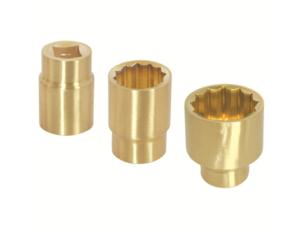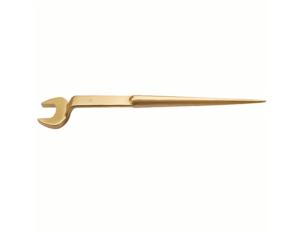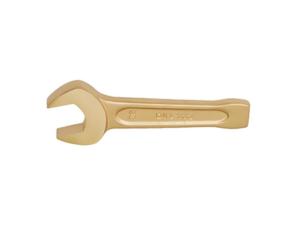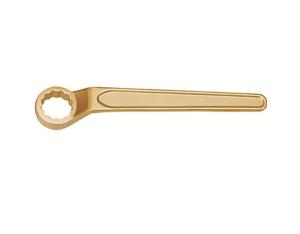Non sparking explosion proof ball pein hammer TKN187A
- Product Details
- Company Profile
Name: non sparking ball pein hammer Introduction: As common hipping hand tools,it is mainly used for fitter/cold work/assembing/repair in inflammable and explosion places Material: Be-Cu,Al-Cu,precision casting products Specification: 230,340,450,680,910,1130(g)
Name: non sparking ball pein hammer
Introduction: As common hipping hand tools,it is mainly used for fitter/cold work/assembing/repair in inflammable and explosion places
Material: Be-Cu,Al-Cu,precision casting products
Specification: 230,340,450,680,910,1130(g)
| How to Choose the Correct Alloy for Your Application | ||
| | Aluminum-Bronze (AlBr) Alloy | Copper-Beryllium (CuBe2) Alloy |
| Zone Compatibility | Fulfill demand in ATEX Directive 94/9/EC for work in Zones 1, 2, 21 and 22 | Fulfill demand in ATEX Directive 94/9/EC for work in Zones 0, 1, 2, 20, 21 and 22 |
| Hardness | 27 HRC | 38 HRC |
| Durability | Not as durable as CuBe. | Very durable due to high hardness and tensile strength. |
| Magnetic Properties | Low magnetism due to minimal ferrous components. Appropriate for non-critical non-magnetic applications. | Non-ferrous components; safer for applications demanding non-magnetic properties. |
| Composition | Al: 10.3% | Be: 1.9% |
What is a "non-sparking" tool?
"Non-sparking", "spark reduced", "spark-resistant" or "spark-proof" tools are names given to tools made of metals such as brass, bronze, Monel metal (copper-nickel alloy), copper-aluminum alloys (aluminum bronze), or copper-beryllium alloys (beryllium bronze).
Commonly used hand tools are often manufactured of steel alloys. Preferred "non-sparking" metals have less tensile strength than steels usually used to make tools. A lower tensile strength means the metal has less strength or resistance to tearing apart when stretched under test conditions. It also means that these tools are softer, wear down more quickly than ordinary steel tools, and have to be dressed more frequently.










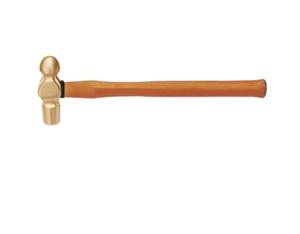

 Free Member
Free Member 0
0 Chinese
Supplier
Chinese
Supplier